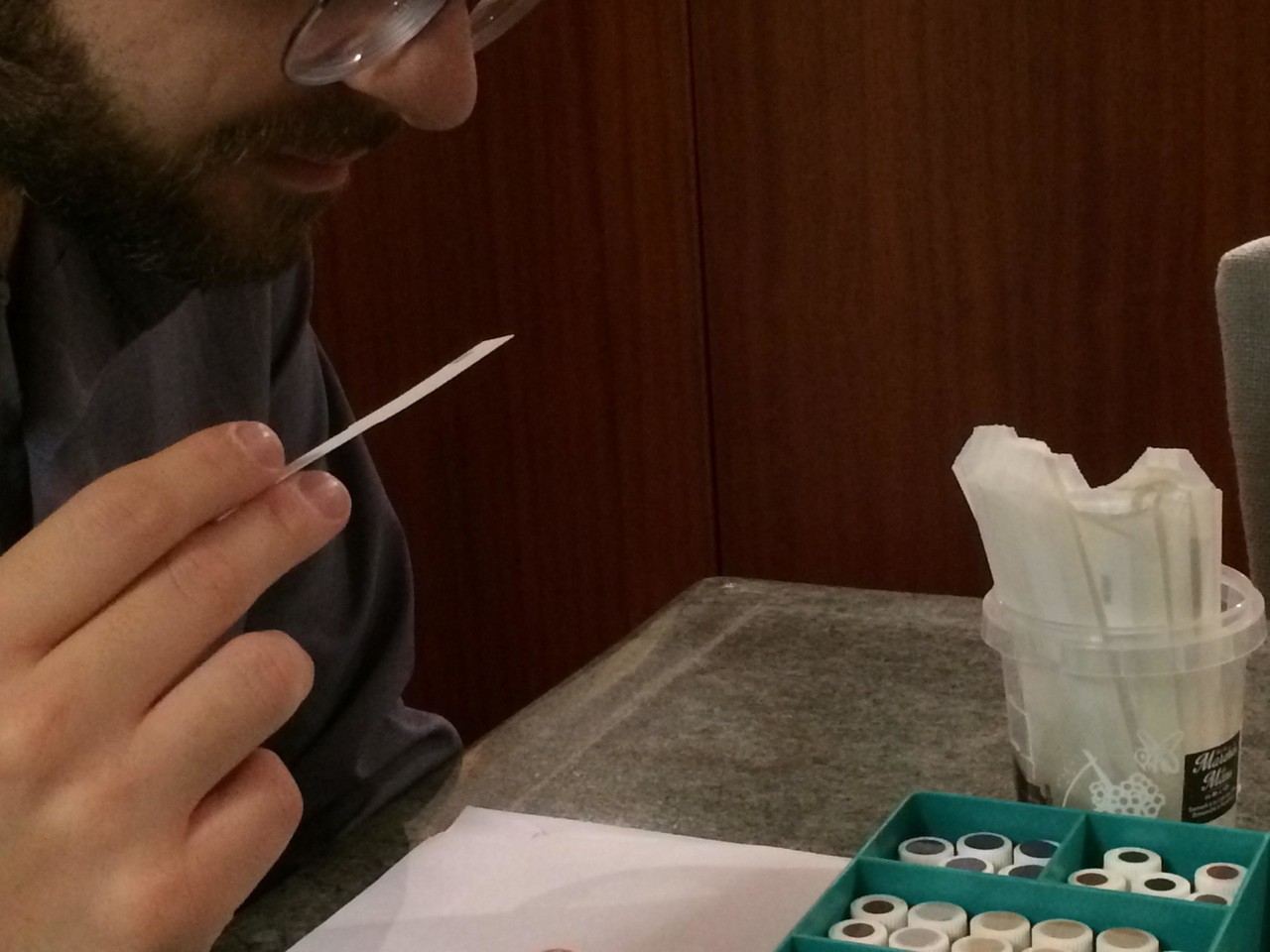Date & time
11 a.m. – 12:40 p.m.
Registration is closed
Registration is closed
Geneviève Teil
This event is free
Online
 Image Credit: Geneviève Teil 2022
Image Credit: Geneviève Teil 2022
As figured in the title, this conference will focus on learning to smell. Yet, how is it possible to learn to smell? We all can smell. There is no need to learn it. Furthermore, if perception results from experiential "faith," as Merleau-Ponty puts it, it's not something you perform and can learn.
By contrast, the traditional representational theory of perception interprets it as the processing of the sensory information that binds a subject to its environment. From this particular point of view, the process of smelling can be altered and changed by manipulating the influences that affect it. This is the purpose of blind tests namely. Still, here too, smell cannot be learnt.
In Anthropology, smell is the support of cultural significations and values. It is structured by language and cultural classifications, which are embodied, but not learnt. Nonetheless, perfumers, olfactory experts, and wine amateurs attend smell classes to learn to smell.
To try to understand what smell learning consists of, and what is at stake while learning to smell, I will rest upon field studies in smelling classes and panels. The detailed study and comparison of these two smelling devices suggest an interpretation of learning to perceive where learning is a process of destabilization and restabilization of a modality of experience we call "perception."
Geneviève Teil is a sociologist at INRAE-Agroparistech-Paris Saclay University. She is interested in the place of objects within societies, and more precisely in their different modes of existence within collectives. She started by studying food product quality markets, wine taste and tasting namely, and progressively enlarged this focus to environmental qualities, other products (cheese), and beings (microbes).
This event is part of the Sensation Lecture Series.
© Concordia University